EFSA revises Guidance on Bacillus safety
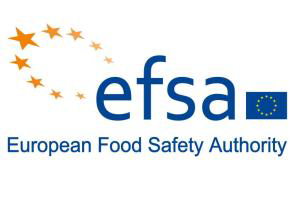
EFSA has revised its guidance document on the use of Bacillus species in animal nutrition. FEFENA and AMFEP are glad that a number of key issues have been incorporated in the new document.
The Bacillus species have been widely used for decades as microbial feed additives (probiotics and silage inoculant) and as production organisms for enzymes and other fermentation products for feed and food use.
In September 2013, FEFANA (EU Feed Additives and Premixtures Association) and AMFEP (Association of Manufacturers and Formulators of Enzyme Products) provided a common response to the EFSA public consultation on the updated Guidance on the assessment of the toxigenic potential of Bacillus species used in animal nutrition.
During the public consultation numerous sound scientific comments were given on reasonable tests for Bacilli with QPS status. The EFSA and FEFANA are now glad that a number of key issues have been taken into account in the new Guidance document:
EFSA acknowledged that the link between food-poisoning/toxicity and lipopeptides has not been established. Recent literature showed that the traditional Japanese food and health product natto contains strong lipopeptide-producing Bacillus spp. Natto has been consumed without any adverse effects upon daily intake for centuries in Asia. It is also known from the scientific literature that toxic effects seen in in vitro cell tests are not related to an in vivo toxicity. Therefore such concern is most likely unfounded. EFSA acknowledged that the link between the haemolysis assay and toxicity is not clear, and removed the request for this test altogether. The cell assay has been kept but opened up for different epithelial cell lines. In addition, better references and threshold values for propidium iodide and the LDH assays were provided. No list of positive or negative controls to be included in the assays is recommended; thus, it is up to the applicants to choose the proper controls. EFSA recognized that in vitro cell assays are not ideal for assessing the – poorly understood / potential – toxicity of these bacteria, and opened up for other ways of showing that the strains are safe.
FEFANA and AMFEP strongly believe that the only way to meet highest scientific standards is an open dialogue and consultation with all parties and available technical experts. “We consider this revised Guidance the fruit of such an approach and welcome this improved document”, both organisations said in a statement.
Source: FEFANA
Join 26,000+ subscribers
Subscribe to our newsletter to stay updated about all the need-to-know content in the feed sector, three times a week. Beheer
Beheer

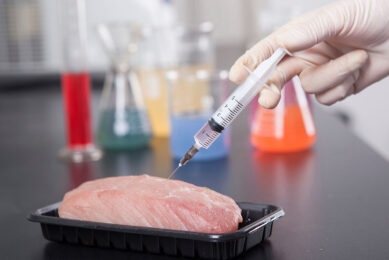
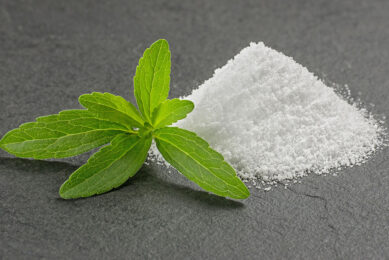
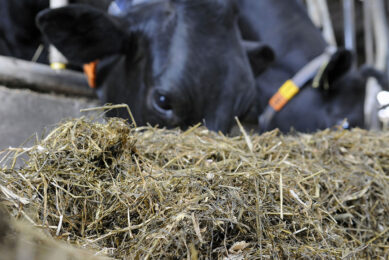
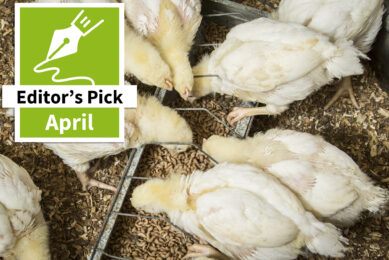




 WP Admin
WP Admin  Bewerk bericht
Bewerk bericht